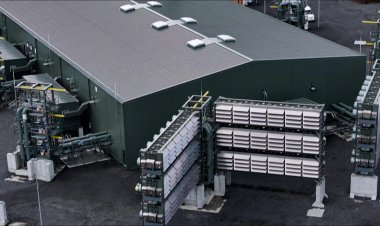Justice delayed as Taliban build their legal system in Afghanistan

A small carpeted room serves as a makeshift jail for 12 "criminals" who are awaiting Taliban justice, caught in the legal system which the Islamists are building at the heart of their new Afghan regime.
None of the prisoners being held on the ground floor of the Taliban headquarters in Panjwai district in southern Afghanistan have yet seen the local judge, who is busy in another area.
Until he arrives, the Taliban fighters of the unit in Kandahar province -- left to their own whims and understanding of the group's interpretation of Islamic law -- represent the entirety of the justice system.
"They will keep me here until I can pay back the person I owe money to," said Haj Baran, a 41-year-old businessman arrested three days earlier for an outstanding debt.
"We have a good system of judgement with the Islamic law of the Taliban," he told, as a guard watched closely.
After a nearly 20-year insurgency, the Taliban took power in Afghanistan in August by force.
But they long ago placed their version of justice at the centre of their ideology, and have "made the courts a means of conquering power", says Adam Bazco, a researcher who conducted a field investigation on the Taliban judicial system from 2010 to 2016.
From 2004 on, in areas the Taliban controlled, "people were turning to them because of growing discontent with the interference of Western groups in their land disputes and a judicial system that appeared increasingly corrupt and nepotistic", Bazco says.
In the context of war, he explains, the severity of the Taliban punishments was welcomed by some.
They were known for their harshness -- but also their impartiality, speed and predictability.
Three months after the Taliban seized power, however, they are still struggling to implement that system across the country.












